What you go through when you’re a kid inevitably has an effect on how you operate as an adult.
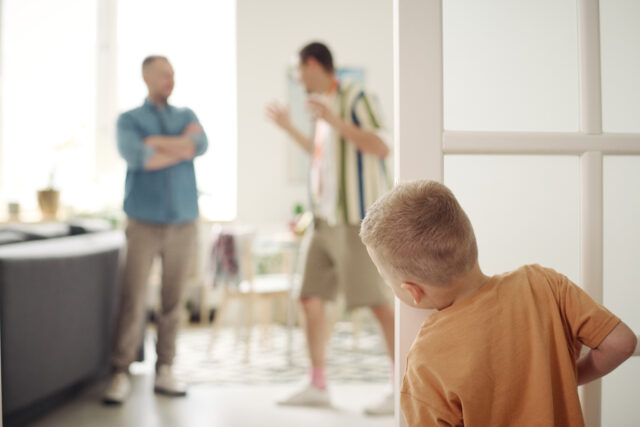
That’s just how it works — those formative years shape your brain in ways that are hard to undo (but not impossible). If you find yourself feeling lonely and isolated as an adult, it could be a manifestation of childhood trauma that you never even realised you had and in ways that you never expected.
1. Trust issues
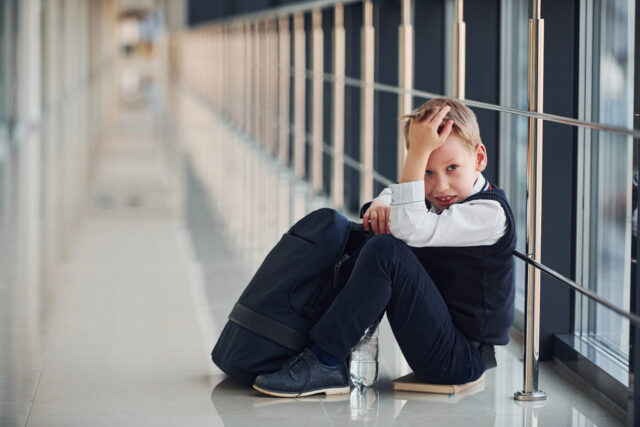
If you went through tough times as a kid, like being let down or not having someone consistently there for you, it can make it really hard to trust people when you’re older. You might always feel like you’re waiting for the other shoe to drop, expecting people to disappoint you. This makes it tough to let your guard down and truly connect with anyone, which can leave you feeling lonely even when you’re surrounded by friends and family.
2. Fear of abandonment
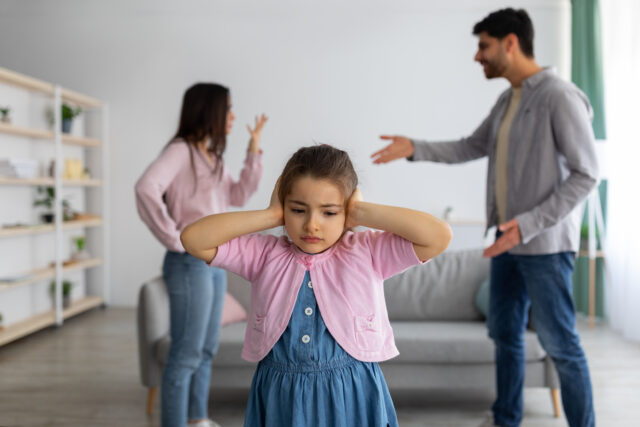
If you were neglected or lost someone important when you were young, it can leave you with a deep fear of being left alone. When you’re older, this might make you act clingy in relationships, or on the flip side, you might push people away before they have a chance to hurt you by leaving. Either way, this fear can lead to a string of rocky relationships, which only makes those feelings of loneliness and isolation worse.
3. Emotional numbness
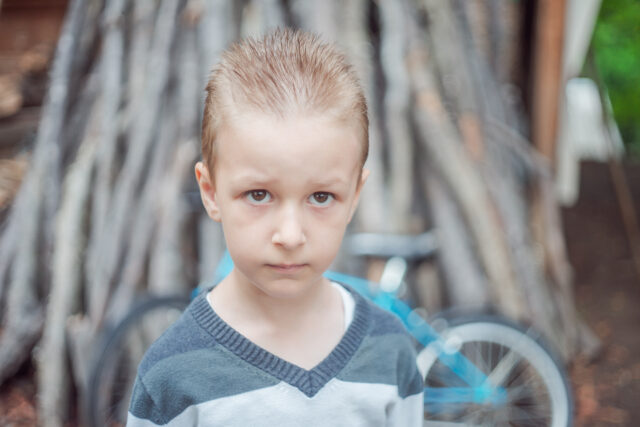
Some people who went through hard things as kids learn to shut down their emotions to cope. While this might have helped them get through those tough times, it can make it really difficult to connect with people when they’re older. They might find it hard to feel or show their emotions, and this creates a wall between them and other people, leaving them feeling disconnected and lonely.
4. Perfectionism and fear of judgement
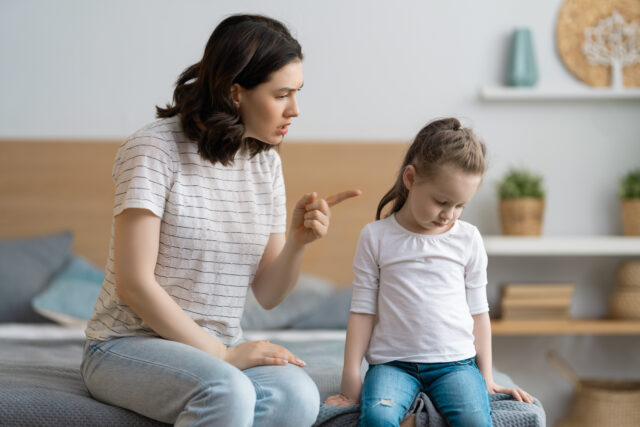
If you experienced emotional abuse or neglect as a kid, it can make you strive for perfection and be super afraid of being judged. You might think that people will only love and accept you if you’re flawless. This can stop you from showing your true self to other people, leading to shallow relationships and a feeling that no one really gets you or sees the real you.
5. Trouble setting boundaries
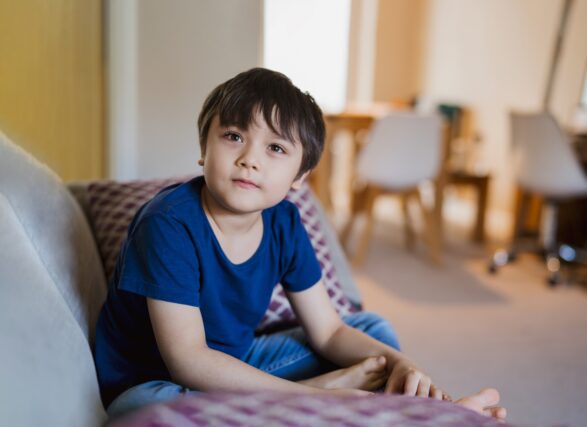
If people didn’t respect your personal space or boundaries when you were young, it can be hard to know how to set healthy limits with people when you’re older. This can lead to two extremes: you might let people walk all over you, which leaves you feeling used and disconnected, or you might build up such big walls that no one can get close. Both of these situations can leave you feeling incredibly lonely.
6. Hyperindependence

If you had to fend for yourself a lot as a kid, you might grow up to be fiercely independent. You might even be proud of how you can handle everything on your own. While being independent is a good thing, taking it too far can mean you never ask for help or let anyone support you, which can leave you feeling isolated and lonely.
7. Struggles with intimacy
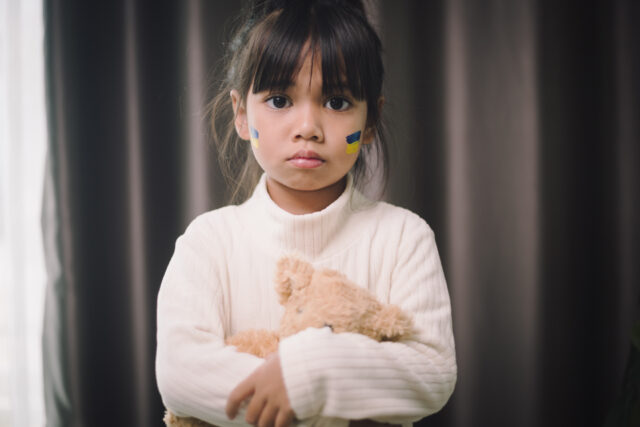
Being close to someone feels foreign since you never experienced it growing up. You might really want that intimacy, but then freak out a bit when things start to get serious. This back-and-forth can make it hard to keep a strong, fulfilling relationship going, which can leave you feeling lonely even when you’re with someone.
8. Negative self-talk
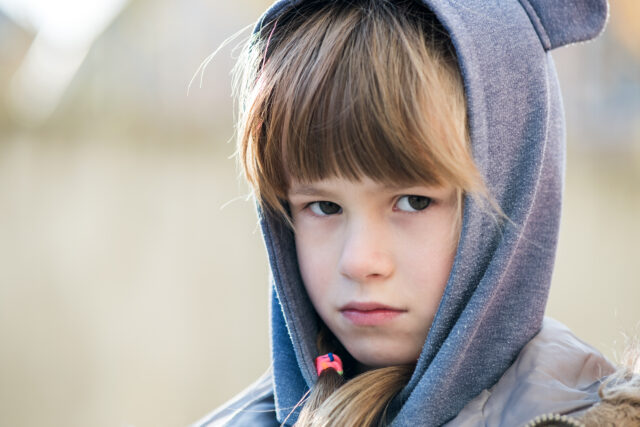
It’s not uncommon to have a lot of negative thoughts about yourself and low self-esteem after a tough childhood. You might have taken in hurtful things people said to you in the past, and now you tell yourself you’re not good enough or don’t deserve to be loved or have friends. These negative thoughts can really mess with you, making you stay away from people and feel even lonelier.
9. Misinterpreting social cues
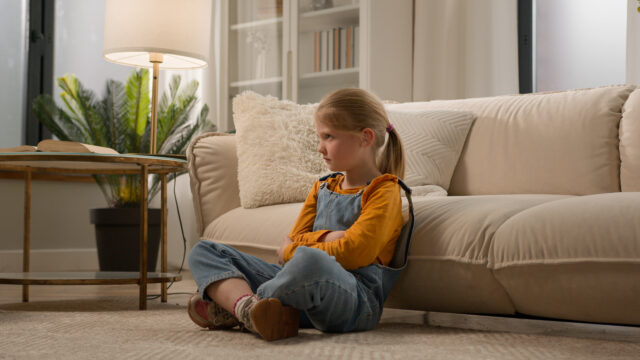
Going through tough times as a kid can sometimes mess with how you read people. You might think someone’s dissing you or being unfriendly when they’re not, which makes you back off even if they were trying to be nice. This can mean missing out on making real friends, which just makes you feel even more lonely.
10. Not being able to express your needs
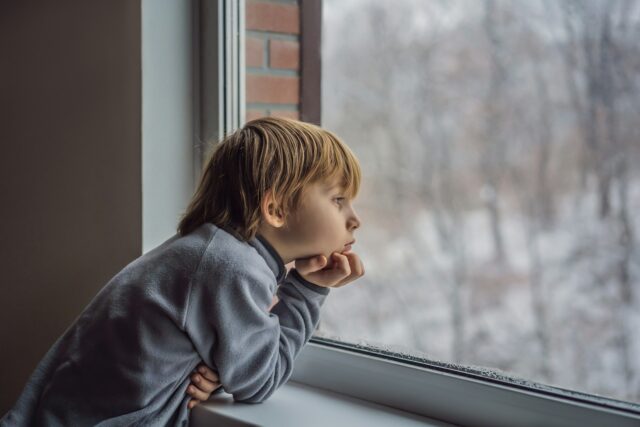 Source: Unsplash
Source: Unsplash If you grew up feeling like what you needed didn’t matter, it can be tough to speak up about those needs as an adult. This can leave you in relationships where you feel like no one gets you or has your back. Not being able to say what you need can make you feel really disconnected, even from people you’re close to.
11. Attraction to unavailable people

You seem to look for partners who aren’t really there for you emotionally. It might be because, deep down, you’re trying to recreate the relationships you had growing up and make them better this time. But these kinds of connections usually end up leaving you feeling lonely and empty, which just makes you believe even more that you don’t deserve real love and care.
12. Chronic people-pleasing
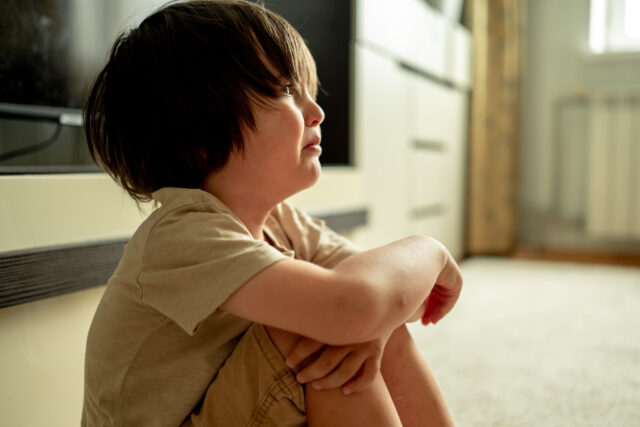
You’re always putting other people’s needs and feelings first, even if it means neglecting your own. It’s likely because you’re afraid of upsetting someone or being rejected. While it might feel like you’re building connections this way, it often leads to relationships where you’re the one doing all the giving, and you end up feeling invisible and lonely, even when you’re surrounded by people you’ve helped.
13. Inability to deal with unstructured social time

Maybe you’re uncomfortable being in social situations that are loose or unplanned. Casual hangouts might make you anxious or feel overwhelmed, so you prefer interactions where everyone knows what to expect. This can mean you miss out on social experiences and chances to connect with people in a natural way, which can add to feelings of loneliness and isolation.
14. Dissociation in social situations
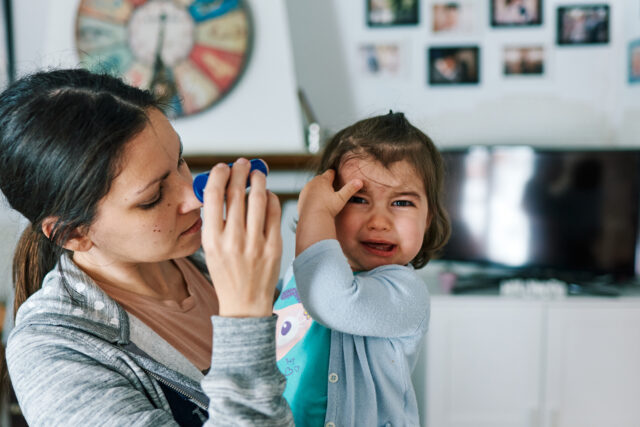
You might find your mind wandering off during conversations, feeling disconnected from what’s happening around you or what people are talking about. It’s a way you might’ve protected yourself in the past, but now it stops you from being fully present and enjoying social connections, which can make you feel lonely even when you’re with other people,
15. Struggling to accept love (or believe that you deserve it)
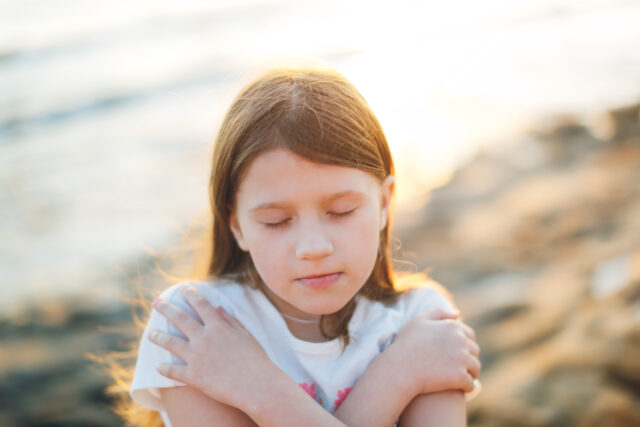
You might find it hard to believe that people truly care about you or feel like you don’t deserve their kindness. This struggle to accept love can create a tough situation where you desperately want to connect with people, but then push them away when they try to get close. This can leave you feeling incredibly lonely.




